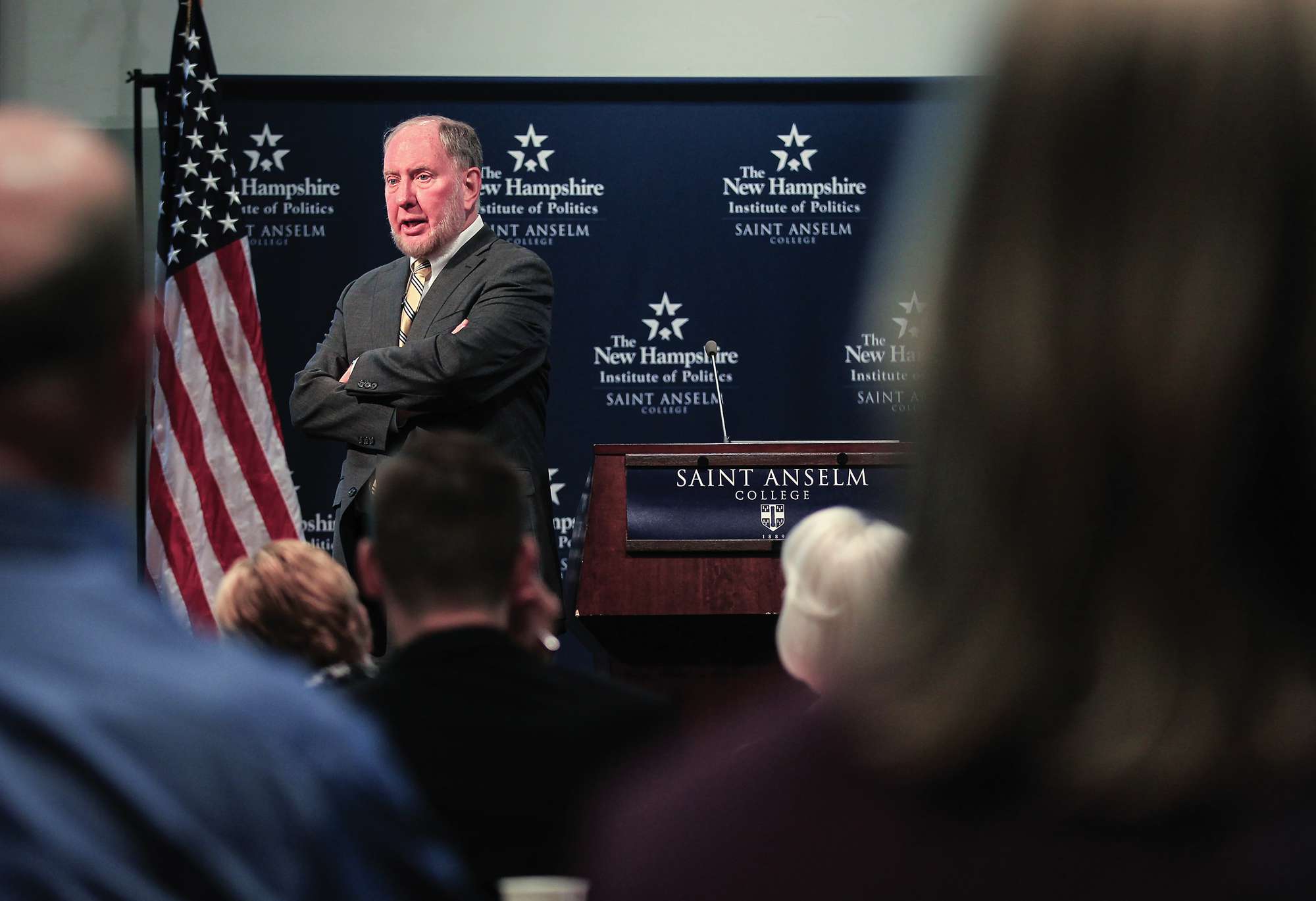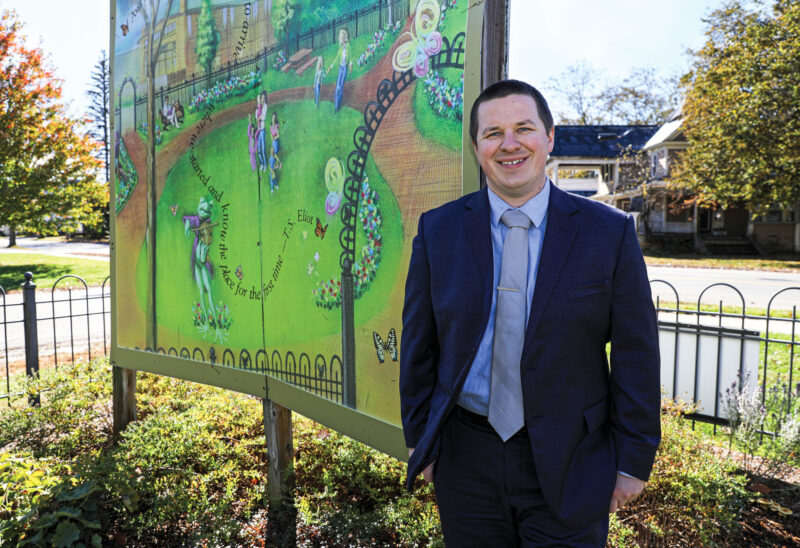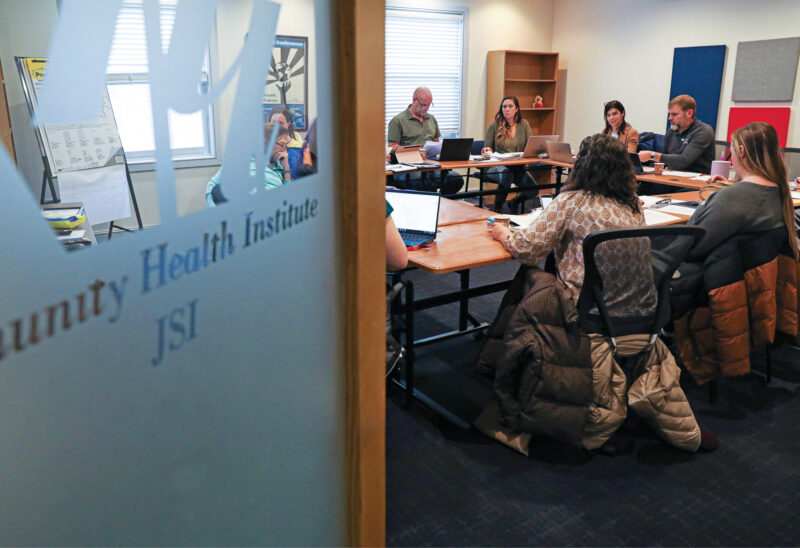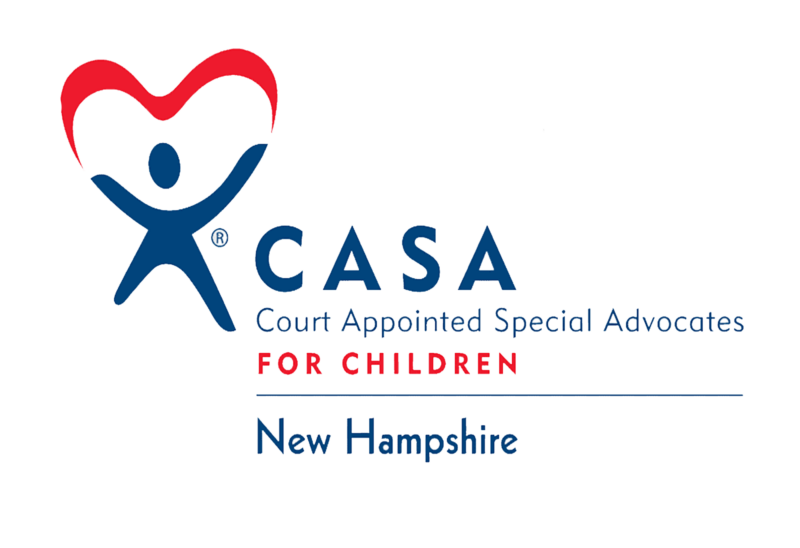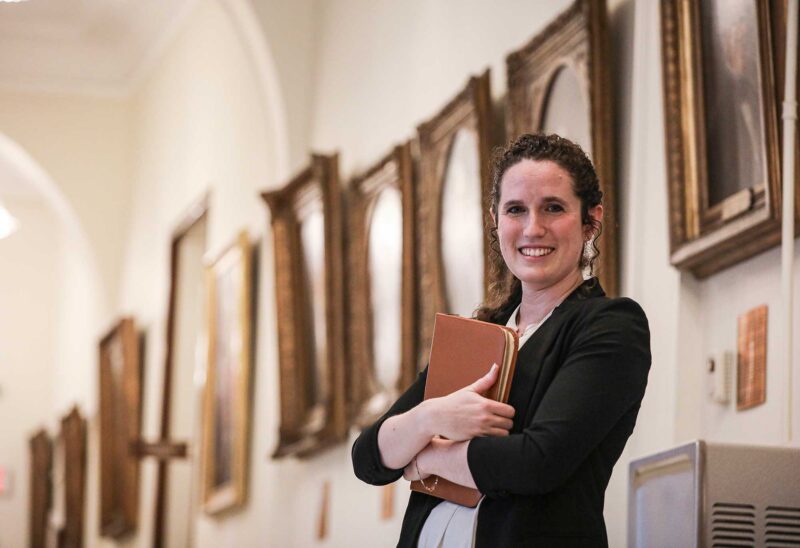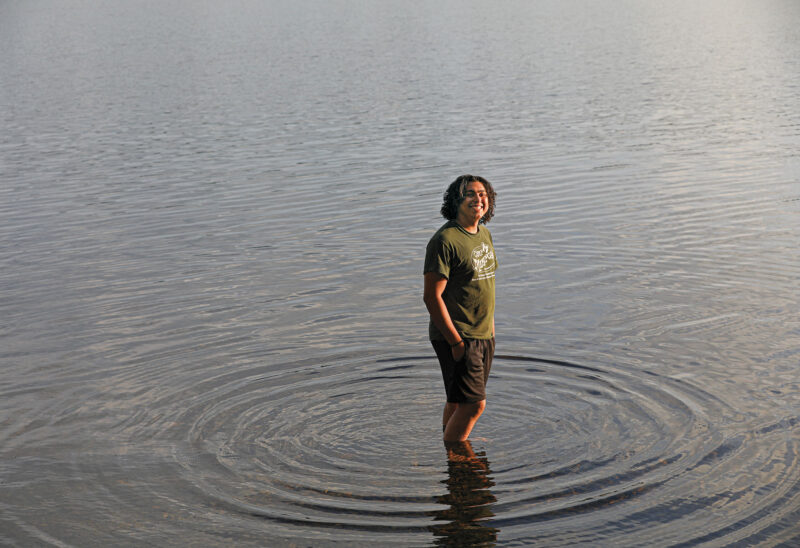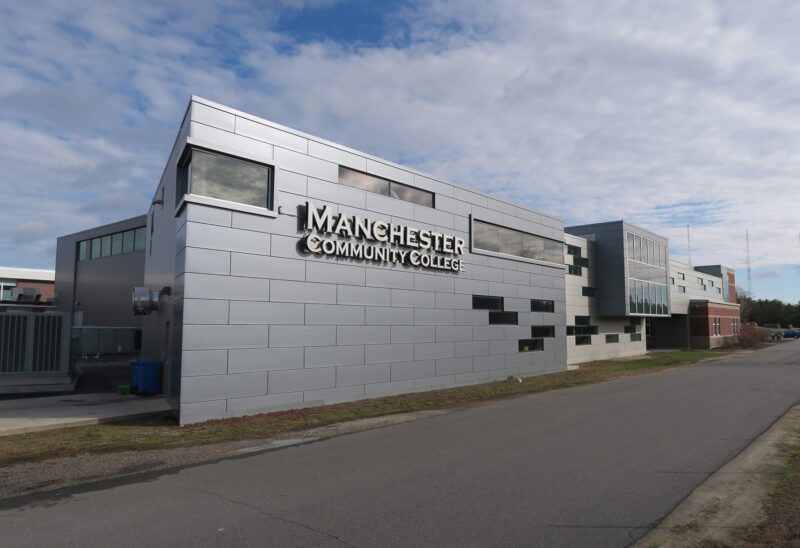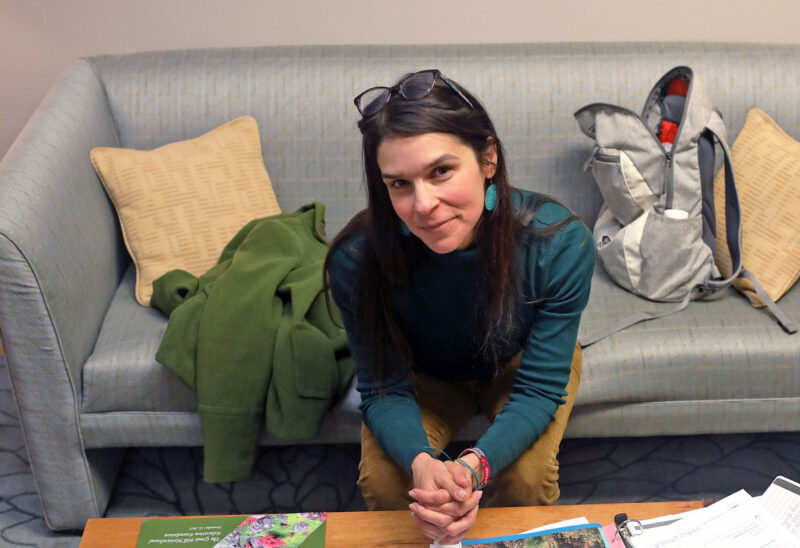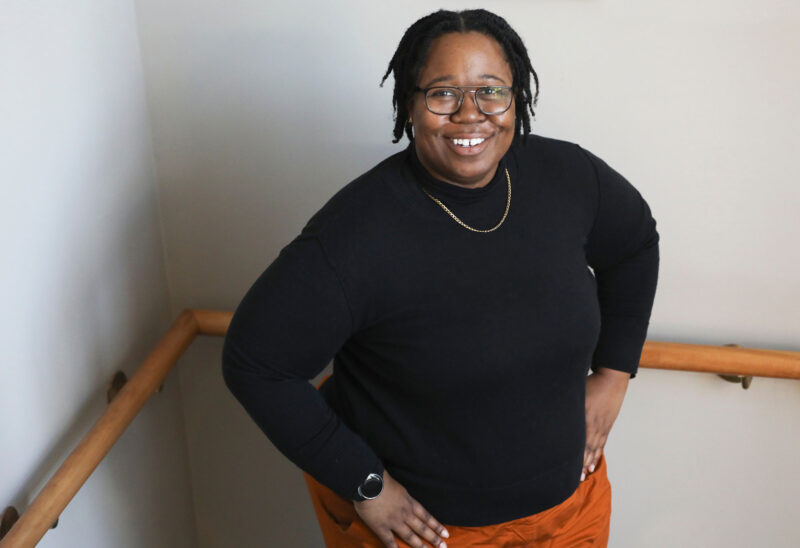Robert D. Putnam of Jaffrey is a professor of public policy at Harvard University and the author of 14 books, including “Our Kids, the American Dream in Crisis,” which outlines the growing “opportunity gap” in the United States. The London Sunday Times has called Putnam “the most influential academic in the world today.”
Putnam spoke with the Foundation’s Lois Shea about the opportunity gap in New Hampshire – and what we can do about it.
A generation ago, the notion of opportunity equality in this country seemed pretty solid. What happened?
A number of big things have happened that all fed into this growing opportunity gap. The first big thing that happened, as is pretty well known now, is that there has been a growing income disparity in America between rich folks and poor folks. The level of income inequality has grown quite rapidly over the last 30 years and in fact, in recent years, has grown even more rapidly in New Hampshire than in the rest of America.
Less well-known, but also important, is the growing segregation of American society along class lines. Increasingly, rich folks are living in rich enclaves and poor folks are living in poor enclaves. Segregation in terms of race has declined a bit over this period. Segregation in terms of religion has declined a lot…but we are less likely to live near people of a different social class background, and our kids are less likely to go to school with people from a different background. So, basically, America is becoming a much more divided society.
And, thirdly, there has been a collapse of the working class family in America. Most kids being born into what we used to call the ‘working class’ now have only one parent. That’s true of all races. That trend is even more marked in New Hampshire than in the rest of the country…That collapse of the working-class family has had implications for the kids.
The deeper cause is captured in the title of the book “Our Kids.” When I was growing up…when adults talked about doing things for “our kids:” “We’ve got to pay higher taxes so ‘our kids’ can have a swimming pool,” they meant a town pool, or a high school pool for all the kids in town. They did not mean “let’s build a pool in our own backyard for only our biological kids.” Over the course of the last 30 years, the meaning of the term “our kids” has shriveled. And that shrinking of our sense of responsibility for all the kids in town – that’s, I think, the most important and underlying cause here.
You talk about the ‘opportunity gap’ as opposed to the ‘income gap…’
The growing income gap is part of the reason for the growing opportunity gap. But Americans have historically been much less concerned about income inequality than people in other countries. We sort of thought, ‘well, you know, if everybody is getting on the ladder at the same point, and some people climb the ladder faster and get farther – you know, Bill Gates or Warren Buffett or somebody – that’s good on them, it’s because they’re better climbers and they work harder at it. On the assumption that everyone is getting on the ladder at the same point.
But, historically, Americans have cared much more than people in other countries have about making it true that we’re all getting on the ladder at the same point. And that how well you do in life should depend upon your native talents and your hard work – but should not depend upon who your parents were or how much money they had. That’s a very widely shared value in America. Now, it may be that we can’t begin to narrow the opportunity gap unless we also begin to narrow the income gap, because there’s a causal relationship there. But I think the crucial issue is: do all kids in America today have a fair shot – not depending upon what their parents did or didn’t do? And I am afraid the answer is ‘no.’
How is New Hampshire doing, compared with the rest of the country?
New Hampshire is a wealthy state compared to other states. But the trend is going in the wrong direction even more rapidly here in New Hampshire than it is in the south, for example…so if we rest on our laurels and say ‘well, kids in New Hampshire are doing okay,’ we’re going to be missing the fact that the trends here are even worse than the trends in other parts of the country.
What’s the role of community foundations, like the New Hampshire Charitable Foundation, in addressing this problem?
I think it’s absolutely crucial.
Where community foundations are strong, they are the civic backbones of those communities.
These foundations are responsive to the evolving needs of the community. But the other thing that community foundations can do, more maybe than any other organizations, is that they can serve as conveners. What the Charitable Foundation…has done in New Hampshire, is to bring people from different parties, from different sectors of the economy, from different experiences together to talk with one another about the problem and to figure out ways to go about solving the problem. In today’s polarized world, that is a rare asset. A very, very valuable asset.
What are the challenges for New Hampshire in addressing this problem?
Part of the challenge is just getting people to see this IS, in fact, a real problem. It’s a serious threat to the economic and social future of the state.
I would say the second challenge is that folks in New Hampshire have a lot of confidence in, you know, the ‘thousand points of light’ – that is, that private efforts can solve these problems.
And it is a fact that folks in New Hampshire are more engaged in their communities than their counterparts in many other states. But that opens the door to the possibility that we’ll get complacent and say, ‘well you know we actually don’t need any public programs to do this, we can just take care of this one-on-one…’ And that’s just not true. You’ve got to have larger programs to address these questions… We can only address the problem in its full magnitude if we begin to do things collectively and not just rely on one-on-one volunteering and so on – however important those private actions are.
What are our strengths in New Hampshire? What are the things that give you hope that we can tackle this, and make some headway here?
The first strength is that is that we do have a denser civic or community fabric here than is nowadays true elsewhere in America. That civic fabric in New Hampshire isn’t as great as it used to be. But we’re still better than most other places, and that’s a big advantage. It is also a challenge because we could rest too much on our laurels.
And there is still the ability of leaders and statespeople to talk in a reasonable way about ‘how can we fix a problem?’ and not just about our ideological differences. New Hampshire politics has become more polarized than it used to be, but still the tradition of kind of getting together to figure out how to solve problems – that is distinctively New Hampshire. When I think of the New Hampshire advantage, I think it’s that.
And finally, compared to many other states, we are a quite well-educated and wealthy state, and that means that, even though we’re going downhill faster than other places, were still further up the hill than many people are because we began at a better place.
You can realistically say that we could fix our problems over a 10-year period.
If someone reads your book, or hears you speak, or reads this interview and says ‘okay, I get it. I am ready to act.’ What would you tell them to do?
First of all, resolving this problem will require changed public policies, and it probably will require more investments at the national level and at the state level in things like early childhood education. High quality early childhood education demonstrably improves the lifetime prospects and the lifetime income and so on of poor kids. But that’s not something you can do privately. So the first thing I would say is start lobbying your federal representatives and your state representatives to begin to institute early childhood education for all kids in New Hampshire.
Then there are things that are a little closer to home. One illustration of the problem is that, beginning about 20 years ago, we began charging kids to take part in extra-curricular activities, which is very un-American. For most of the last century any kid who wanted to play football or play soccer or play trombone or sing in the chorus could do that for free. And beginning about 20 years ago, we began charging kids for that. The average fee for a single sport, like football, is roughly $400 for one three-month season. If you want to play throughout the year – say, football in the fall and baseball in the spring – that’s $800. So if you’ve got two kids in high school, that’s $1600 a year. If your annual income is $200,000, that $1600 is nothing. But if your annual income is $16,000, who in their right mind is going to pay ten percent of their total family income so their kids can play football? And that has had a shocking effect on the ability of kids coming from poor backgrounds to take part in activities that we know will in fact teach them soft skills: teamwork and grit, and determination and stick-to-it-iveness and so on. We are now charging kids and therefore deterring poor kids from taking part. So go to your local school board. Go to the school superintendent and say ‘stop pay-to-play.’ It’s un-American that people should have to pay to play on the high school football team.
And then there are lots of things that people can do privately: volunteering, mentoring…
There are things at different scales to do. Some of them will require public action, and that means we in New Hampshire should be asking our government, and we should sure be taking advantage of the presence of all these would-be presidents to ask them, ‘well, what are you going to do about the opportunity gap?’
A shorter version of this article originally appeared in our 2015 Fall/2016 Winter Purpose Newsletter.

